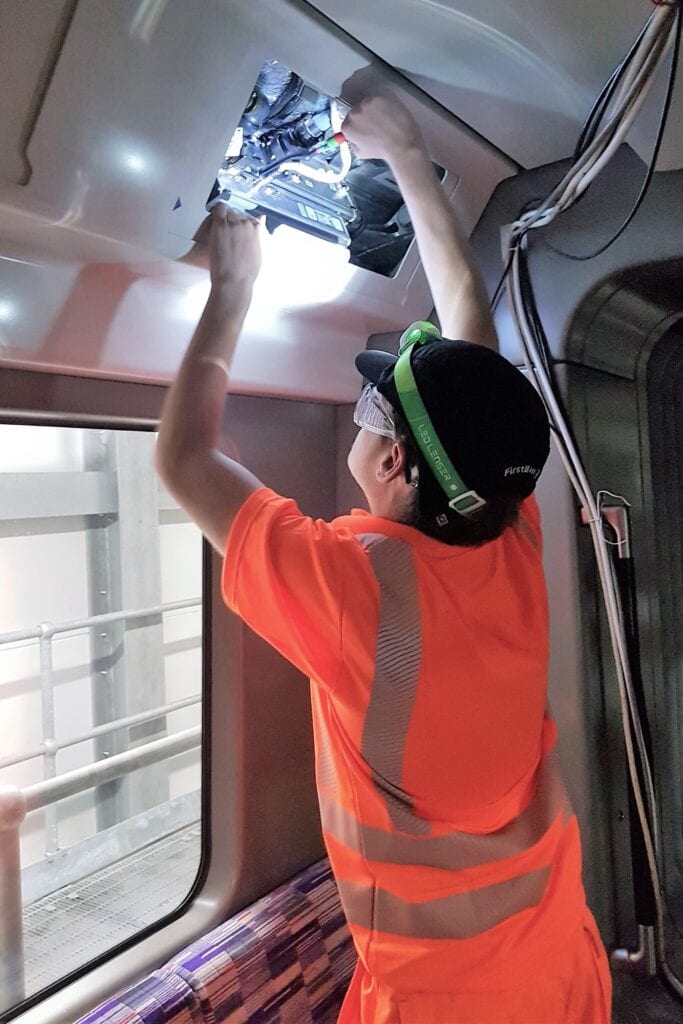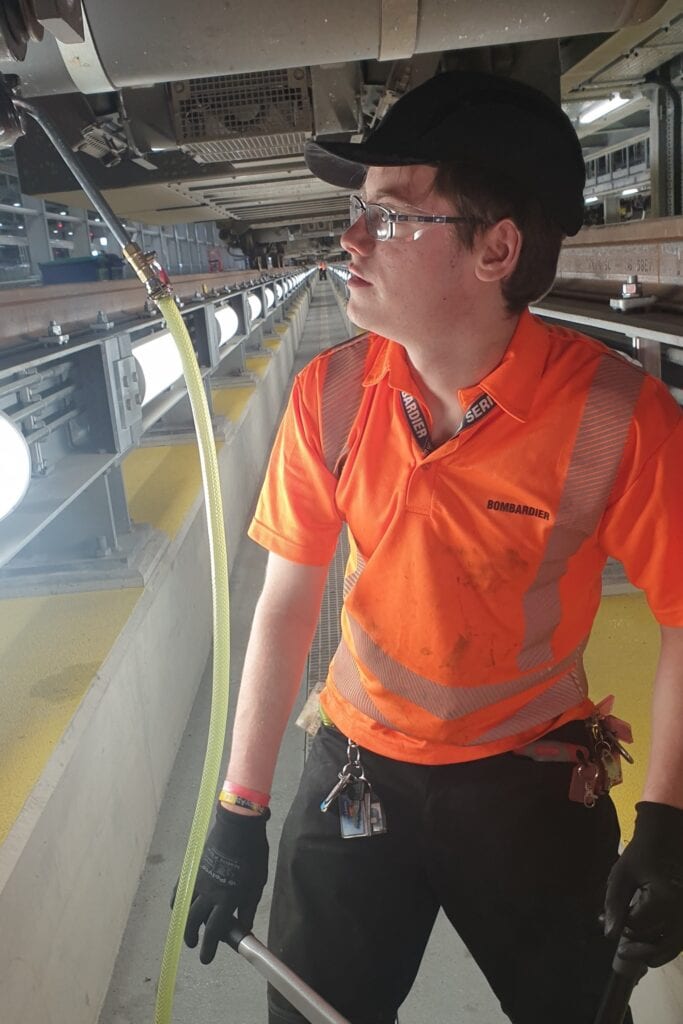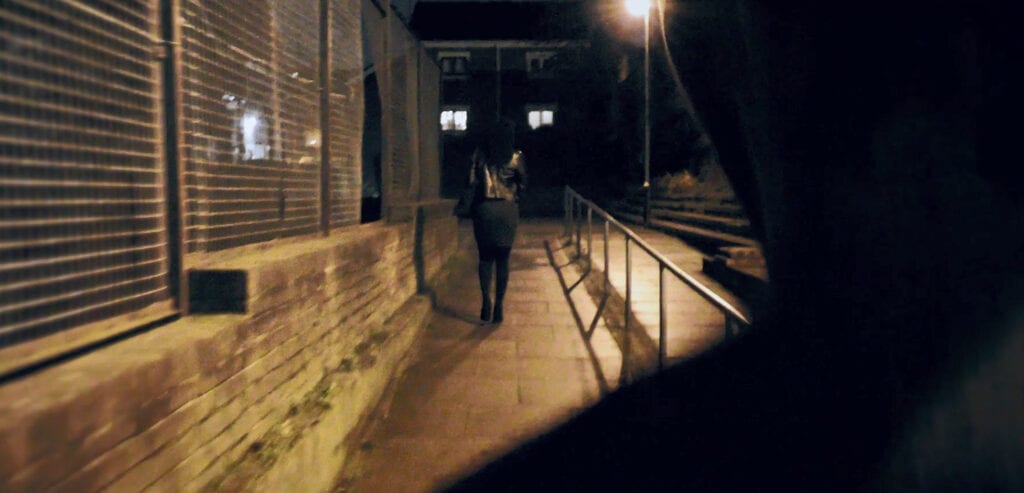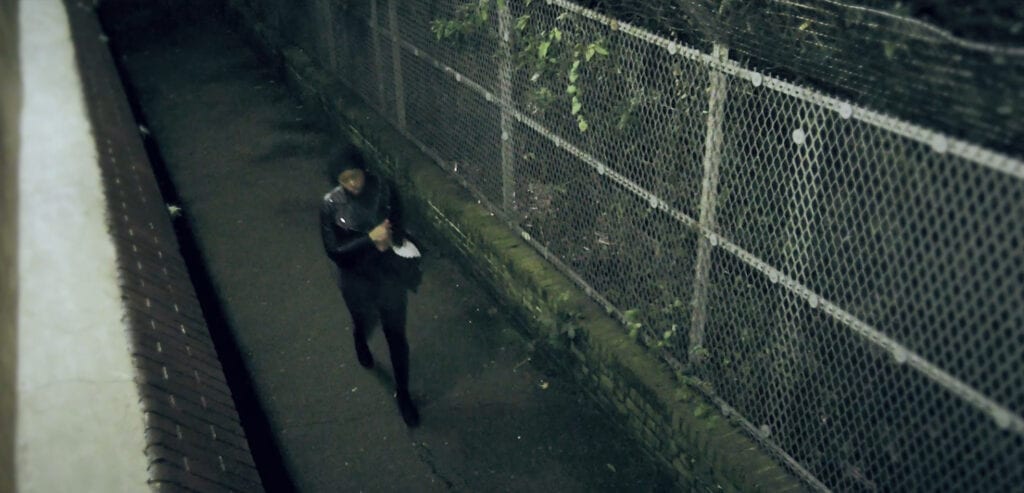Students at the City and Islington College sixth form in Angel have been offered a haul of places at Oxford and Cambridge. Having received the results of their university applications this February, four students will now be working towards their A Level qualifications with the most prestigious of opportunities in sight.

Jessica Tunks, Muhammad Mahmoud, Lily Burge-Thomas and Eliza Harrison are all in their second year at the college and will be looking to progress to university in the autumn. Jessica is poised to study Psychology at Oxford University, while Muhammad, Lily and Eliza are looking to study Geography, Architecture and English respectively at Cambridge.
Jessica said:
“I applied to study Psychology at Magdalene College [Oxford] and I luckily got an offer. I was very excited about it.
“I have really benefitted from studying at City and Islington College. Every week or so you get an email with all the new opportunities going on. I managed to find three different work experience places. One was more creative, one was to do with advertising, and one was with the charity, the Jo Cox Foundation.
“While at the college, I was also able to do a writing course with Sussex University, which turned into an entry for the Orwell Youth Prize, which I entered and was a winner of.”
Jessica’s award-winning article on knife crime in north London received glowing reviews last September and saw her interviewed by Voice Magazine an online publication for young creatives.
Muhammad Mahmoud also made headlines while with the college for his charity efforts, cycling 150 miles to raise money for those affected by an explosion in Beirut, Lebanon, last year.
The teenager, who is set to study at Corpus Christi College in Cambridge, said:
“I studied Geography, Politics and Economics at A Level but also had access to the Careers department and made the most out of that. We had a member of the civil service coming in once a week last year to talk about future careers, how to write a good CV and a good cover letter, and essentially preparing us for future work.
“I’m indebted to the Capital City College Group and to City and Islington College. I would not have been able to apply to Oxbridge without the opportunities I have had access to through the college.
Head of Careers Joanne Bishop added:
“We’re thrilled that Jess, Muhammad, Lily and Eliza can look forward to studying at one of the world’s top universities when they leave us in the summer.
“As well as working very hard at their A Level studies, they have all thrown themselves into our extra-curricular activities – getting themselves involved in workshops, volunteering for placements, working with mentors and, above all, engaging with the Careers Team and soaking up all the information and advice that we’ve given them.
“They are a credit to the college and to themselves, and everyone at the sixth form college wishes them all the best of luck at university!”
Find out about our scholars programme designed to help students progress to Russell Group universities.

























